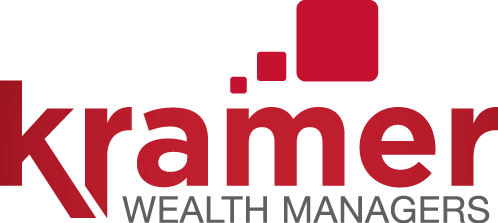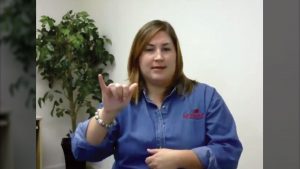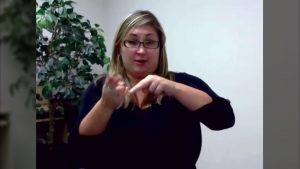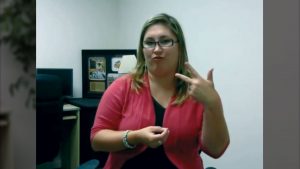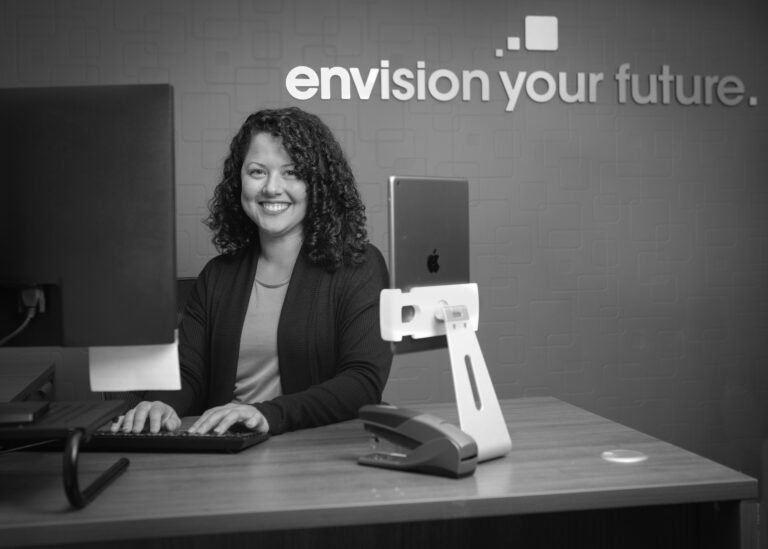Many assets allow you to name a beneficiary, that is, whom you would like to receive the asset in the event of your death. Life insurance policies and retirement accounts are common examples but some other account types such as bank accounts and non-retirement investment brokerage accounts also may allow you to name beneficiaries through a Pay on Death (POD) or Transfer on Death (TOD) form. While these forms are generally straight forward, they often lead people to make inadvertent errors. We have identified six common mistakes people make when preparing for the distribution of their assets after death. This is PART FIVE OF SIX.
Leaving nothing in the estate to cover expenses
In an effort to avoid probate, many people fail to consider expenses that may need to be paid after their death. For example, if you own a home, there are expenses needed to maintain the home until it can be sold, which can often take a few months. By leaving all of the funds directly to beneficiaries and leaving nothing in the estate, the beneficiaries will have to use their own money to pay for utilities, repairs, and maintenance on the home until it is sold. They may also have to pay for final expenses such as burial or cremation. Sure, they will have the assets you have left to them to cover the cost but it could cause arguments between multiple beneficiaries over who will be responsible for paying for what. When some funds are left in the estate, the estate will pay for all expenses until everything is paid and then the remaining funds will be divided among the beneficiaries.
When determining whether or not you should leave some assets in the estate and as part of probate, you will want to consider the amount of assets, the type of expenses anticipated after death, who will be handling these expenses, and the cost of probate, among other factors. An estate planning attorney can help walk you through this.
Being aware of this type of common mistake can help you better prepare to ensure your wishes are followed in the event of your death. At Kramer Wealth Managers, we can help you coordinate with an estate planning attorney to make sure your estate goals and financial planning goals are in line with your personal WealthPath.
While the tax or legal guidance provided is based on our understanding of current laws, the information is not intended as tax or legal advice and should not be relied upon as tax or legal advice. Neither Osaic Wealth, nor its registered representatives, provide tax or legal advice. As with all matters of a tax or legal nature, you should consult with your tax or legal counsel for advice.
